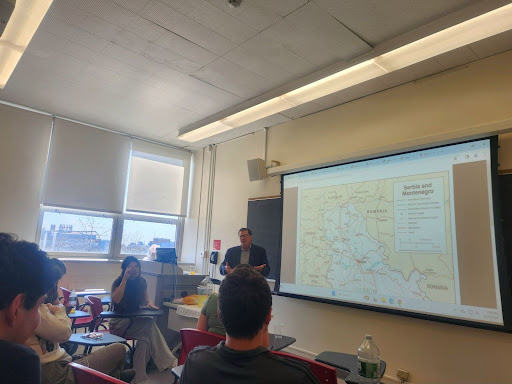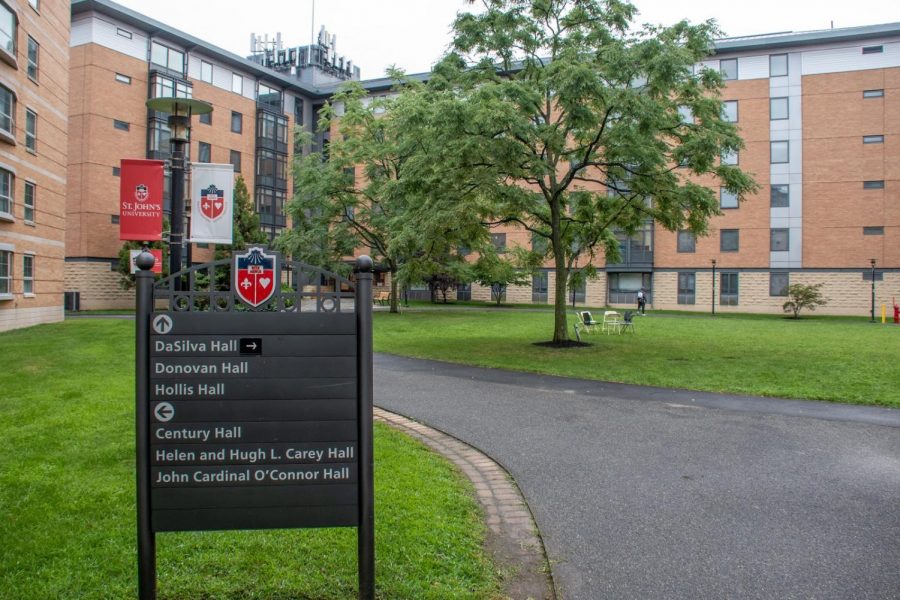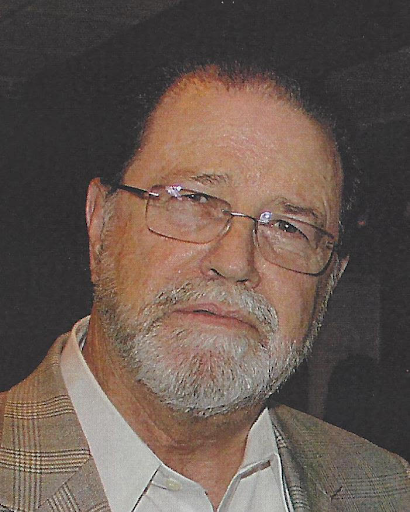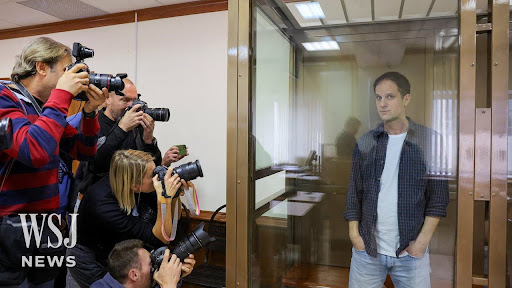Various institutions begin and end their “year” at different points. The “calendar year” is January to December; the “academic year” is September to June; the “fiscal year” varies among companies and industries but can begin in July and end in June.
One could multiply examples of “years” of different types and periods. It should come at no surprise that religious communities also celebrate their faith through events taking place during their own “year.”
For the Christian community, the “liturgical year” holds sway. This phrase describes the way in which celebrations proceed through the calendar months — how they lead up to and proceed from one another.
One can describe the two big linchpins of this procession of days as Christmas and Easter. The liturgical year, however, begins in late November or early December and ends at around the same time 12 months later. This year, for example, it begins on the First Sunday of Advent (December 3, 2017) and ends on the Saturday after the celebration of Christ the King (December 1, 2018). However, it is not as confusing as it might sound.
When you walk around the mall, or watch commercials or listen to the radio, you find more than enough evidence to suggest that we are in the Christmas Season. But we are not. The Christmas Season begins on Christmas Day. At present, until December 24th, we are celebrating what is called the season of “Advent.”
Advent is the season of preparation and anticipation. The scriptural readings which accompany worship and religious services recall the time before the coming of Jesus. They remind us of the longing of the Hebrew people for the arrival of their Messiah. They are the readings filled with hope and a desire of fulfillment.
They also capture a spirit of yearning for that wondrous day.
This larger context provides the setting within which the particular stories of Bethlehem and Nazareth emerge.
In these weeks, listen to the way in which we are told of the experience of Mary, the Mother of the Lord and how she must agree to conceive Jesus (the Annunciation/Incarnation); be attentive to the anguish of Joseph and how he must decide what to do when he hears that his betrothed is pregnant; recognize the familiar symbols of a star, some magi, a filled inn and an empty crèche. All of these point the way to the Christmas story.
Advent, as the beginning of the liturgical year, reminds us that Christmas does not just happen. The birth of Jesus lies at the center of a swirl of events which date back some thousand years and proceeds into our day. Walk through the campus and notice the symbols and images with which we surround ourselves; visit St. Thomas More Church and see the way in which it is presented; pay attention to the opportunities to celebrate in these days on this campus—Lessons and Carols” on December 2nd at 5:30 in St. Thomas More; “Voices of Victory Christmas Concert” on December 2nd at 7:30 in the Little Theatre. Celebrate the new liturgical year with hope and trust and music.















